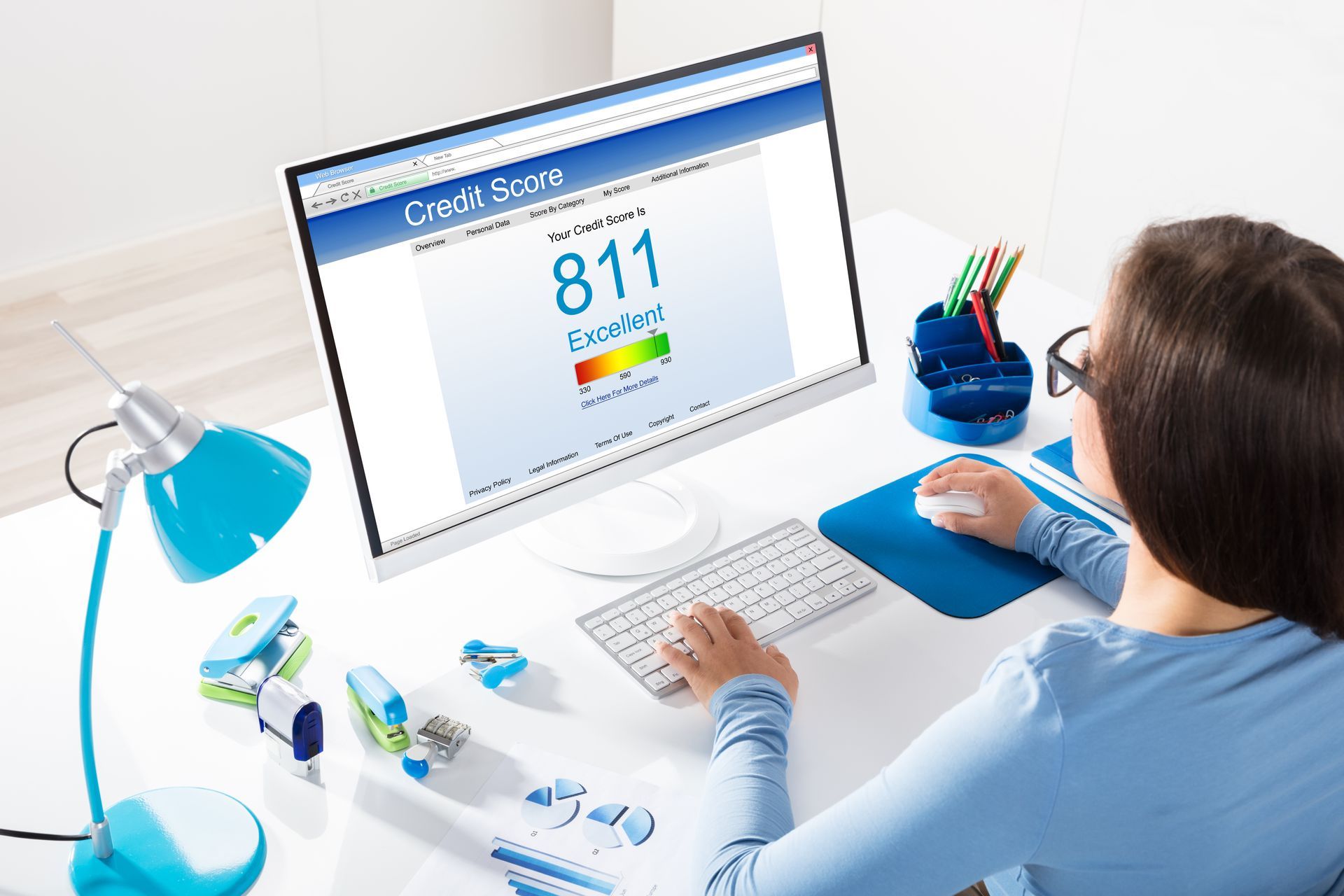Check Your Credit Report Regularly.
The Equifax, Experian, and TransUnion, at least once a year. Review it for any errors or discrepancies that could negatively impact your credit score.

Obtain a copy of your credit report from each of the major credit bureaus (Equifax, Experian, and TransUnion) at least once a year. Review it for any errors or discrepancies that could negatively impact your credit score.
Your credit score plays a crucial role in your financial health. It determines whether you can get approved for loans, credit cards, and other forms of credit. It also affects the interest rates you'll receive on those credit products. With such importance attached to your credit score, it's crucial to regularly monitor and assess your credit report for any errors or discrepancies.
Obtaining your credit report is relatively simple. The major credit bureaus, Equifax, Experian, and TransUnion, are required by law to provide you with a free copy of your credit report every 12 months. You can request your report online, by phone, or by mail.
Once you have your credit report in hand, it's time to review it carefully. Look for any errors in your personal information, such as incorrect addresses or misspelled names. These might seem minor, but they can be indicators of potential identity theft or credit fraud.
Next, check each account listed on your report. Ensure that all the accounts are indeed yours and that the information associated with them is accurate. Look out for any late payments, delinquencies, or collections that you don't recognize. These could be signs of fraudulent activity or reporting errors.
Pay close attention to your credit utilization ratio, which is the percentage of your available credit that you're using. Ideally, you should aim to keep your credit utilization below 30%. If you notice any accounts with excessively high balances, it's essential to address them promptly to prevent potential damage to your credit score.
If you come across any errors or discrepancies during your credit report review, don't panic. The Fair Credit Reporting Act (FCRA) grants you the right to dispute inaccurate information on your credit report. Begin by documenting the errors and gathering any supporting documentation that proves the information is incorrect. Contact the credit bureau directly by mail, phone, or through their website to initiate the dispute process.
It's also worth noting that after a recent amendment to the FCRA, as of April 20th, 2022, you can request a free copy of your credit report from the major credit bureaus every week for the foreseeable future. This change was implemented to provide consumers with more frequent access to monitor their credit reports due to the increased risks associated with identity theft and fraud.
Regularly checking your credit report is crucial to maintaining a healthy credit score and ensuring the accuracy of your financial information. By being proactive and reviewing your credit report at least once a year, you can detect and resolve any errors or discrepancies that could impact your creditworthiness. Take advantage of your right to obtain free copies of your credit report and safeguard your financial well-being.









